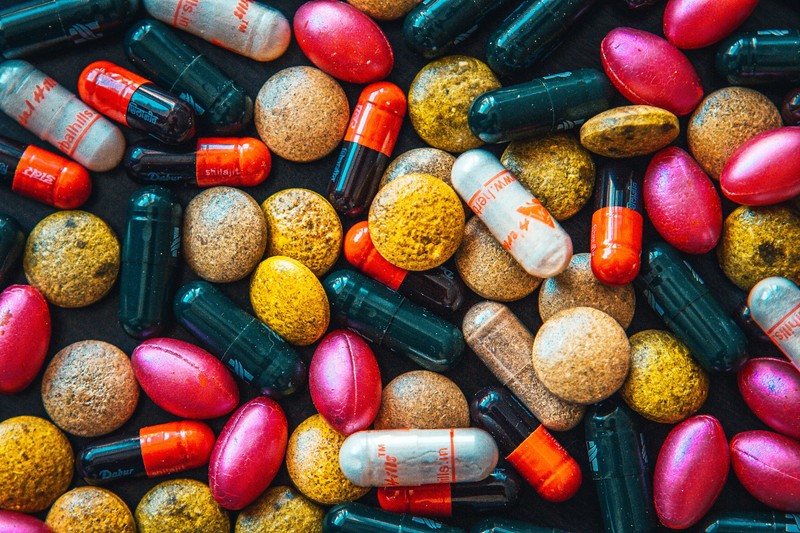BC is testing out decriminalizing drug possession—which nears the top of the “what not to bring up at a dinner party” list—with the rest of the country looking on and taking notes.
Driving the news: After receiving a three-year exemption from federal drug laws, BC has eased restrictions on possessing small amounts of hard drugs, including opioids, cocaine, MDMA and meth (2.5g) with the aim of reining in its ongoing drug abuse crisis.
Why it matters: BC's approach could become a case study of how to navigate drug crises, or how not to handle them, both for other provinces and countries around the world.
While it may seem counterintuitive to decriminalize drugs during a drug crisis, there is some evidence that treating drug abuse as a public health issue (rather than a criminal one) can be effective. After Portugal decriminalized drugs in 2001, overdoses dropped from about one a day to one every 17 days in 2021. Heroin addiction, in particular, dramatically dropped too.
- Portugal’s program was tied to a strong effort to get addicts into treatment. More recent—and less successful—drug liberalization efforts in parts of California suggest that treatment is a critical component to turning around an addiction crisis.
What’s next: To ensure that BC is doing more good than harm, it will publish quarterly updates around overdose numbers, addiction rates, and possession charges—access to the new data is part of the reason why the feds gave the province the go-ahead in the first place.
